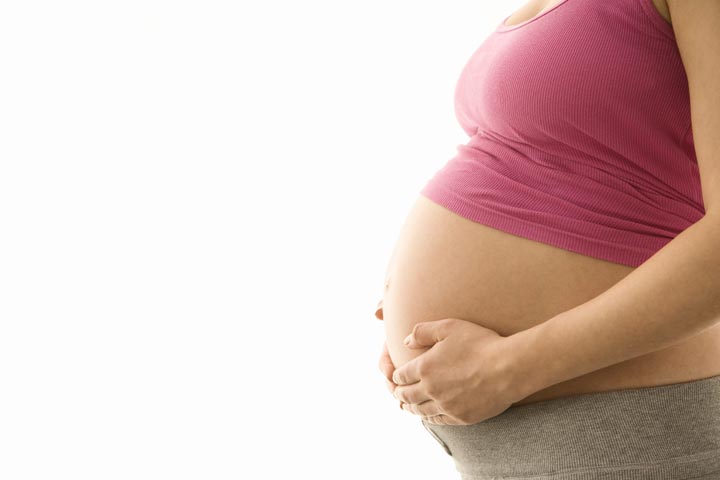REGINA – Anna Baker knows the emotional toll infertility can take.

“I felt quite alone,” said the founder of Infertility Saskatchewan. “A big part of going through infertility is isolation. People don’t talk about it public – it in involves our sex lives. It involves personal parts of our body.”
One in six couples in Saskatchewan are affected by infertility.
Baker started a support group for couples five years ago and more recently the advocacy group.
“Research says it’s on par with major illness, divorce, job loss, death of a loved one. It’s a major life crisis that people go through,” she said, adding there’s a lot of misunderstanding, like “the stereotype of, ‘you’ve put off having a family’.”

Get weekly health news
While age can play a part in infertility, Baker said the majority of people who have come to the support group over the last five years have been under 30.
“Some of the misconceptions are that infertility is always somebody’s fault or that we always know what’s causing infertility. That’s not always the case. Infertility can be caused by medical conditions,” said Dr. Allison Case, co-director of Aurora Reproductive Care in Saskatoon, Saskatchewan’s only infertility clinic.
Dr. Case said geography is a problem for Saskatchewan couples in rural areas, who have to travel to see an obstetrician, but the biggest barrier is still the cost of in vitro fertilization treatments: one cycle could cost between $10,000 – $14,000.
Most treatments are not covered by Sask Health. The province lags behind Quebec, where it is fully covered. In this year’s budget, Ontario announced it would provide funding for one cycle of IVF treatment and Manitoba offers a tax credit.
Baker is meeting with the Minister of Health Tuesday to discuss these issues.
“Making sure people can get appropriate treatment in their home communities, or as close to their home communities as possible. And then eventually big picture, cost is certainly an issue,” she said.








Comments